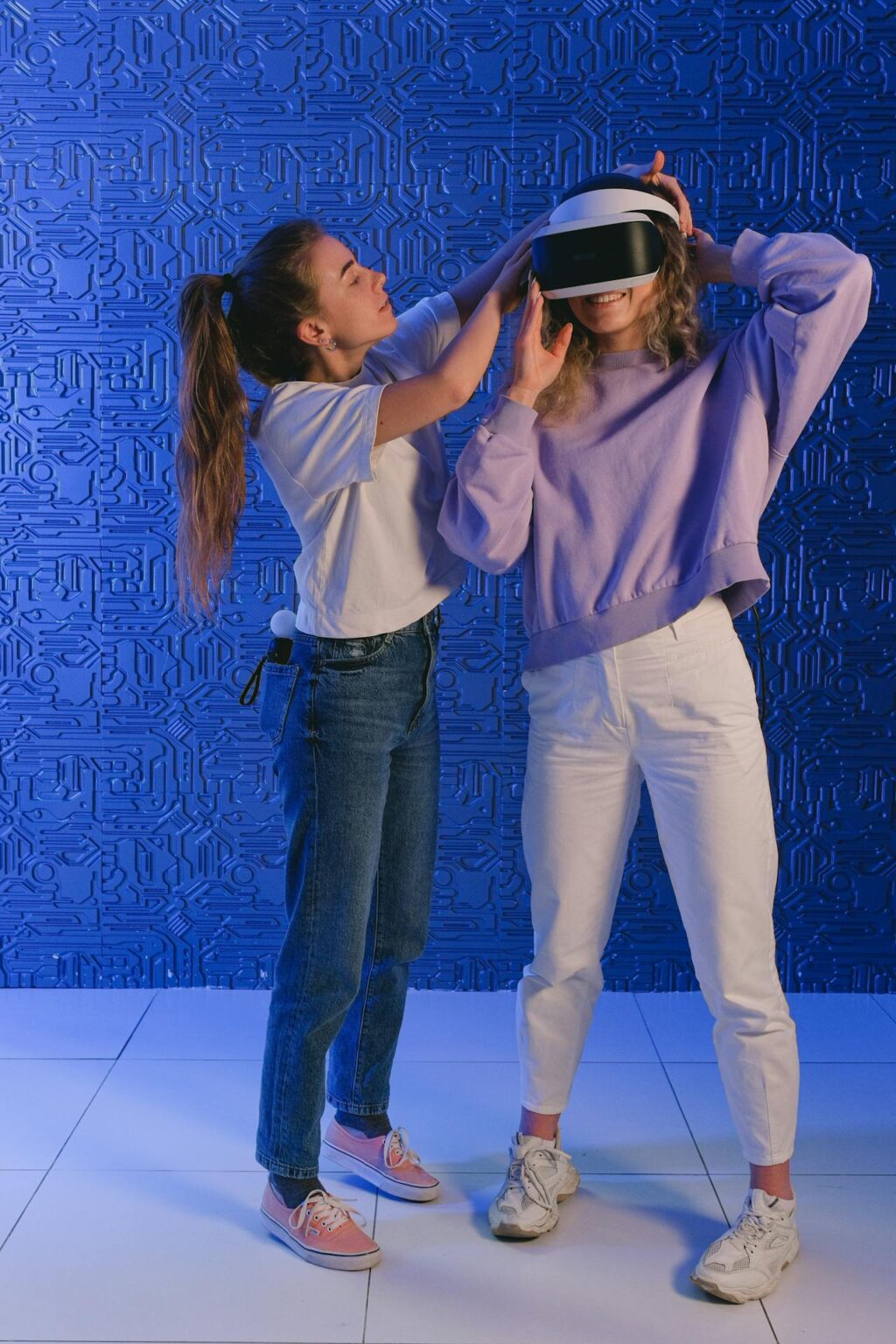In today’s digital age, the hospitality industry is embracing cutting-edge technologies to stand out and attract potential guests. One of the most innovative and engaging trends in hotel marketing is the use of Virtual Reality (VR). VR allows hotels to create immersive, interactive experiences that give potential guests a realistic preview of what their stay could be like. This technology not only enhances guest engagement but also increases booking rates by offering a unique and memorable experience.
5WPR Insights
The Growing Role of VR in Hospitality
Virtual Reality is no longer a futuristic concept. Many industries, including hospitality, are already utilizing it to create immersive marketing experiences. For hotels, VR offers a way to transport potential guests to their properties without them leaving their homes. Whether it’s showcasing a stunning beachfront suite, walking through a luxurious hotel lobby, or exploring local attractions, VR provides a way for guests to visualize their entire stay in vivid detail.
In a competitive industry where online bookings are often influenced by visual content, VR can give hotels a significant edge. According to a survey by Greenlight Insights, 53% of consumers are more likely to purchase from a brand that uses VR marketing. For hotels, that translates into higher booking conversion rates when VR is used effectively.
Enhancing the Guest Journey with VR
The guest booking journey is filled with opportunities for VR to make a lasting impression. By incorporating VR into key touchpoints, hotels can engage potential guests and give them confidence in their booking decisions.
- Virtual Hotel Tours: One of the most common uses of VR in hotel marketing is virtual property tours. These tours allow potential guests to “walk” through the hotel, explore rooms, amenities, and even the surrounding area. This realistic preview helps guests feel more confident in their decision-making, as they can see exactly what they’re booking.
- Event Space Showcases: For hotels that host conferences, weddings, or events, VR can be a game-changer. Potential clients can experience the event spaces in 3D, giving them a clear idea of how the layout can be customized to their needs. This can significantly shorten the sales cycle for large-scale event bookings.
- Destination Experiences: In addition to showcasing the hotel itself, VR can highlight local attractions and experiences. By offering virtual tours of nearby beaches, landmarks, and popular restaurants, hotels can give guests a full picture of the destination and inspire them to book their stay.
Increasing Direct Bookings with VR
One of the key goals for any hotel marketing strategy is to increase direct bookings, bypassing online travel agencies (OTAs) and their hefty commission fees. VR can be a powerful tool for driving direct bookings by creating an engaging, personalized experience that’s only available through the hotel’s website or app.
Many hotels have already integrated VR into their booking platforms, allowing users to virtually explore rooms and amenities before making a reservation. By offering exclusive VR content that’s not available on OTA websites, hotels can create a sense of exclusivity and encourage more guests to book directly through their channels.
Case Study: Marriott Hotels and VR
Marriott Hotels has been a pioneer in the use of VR for hotel marketing. In 2015, the brand launched its “VRoom Service” initiative, allowing guests to order VR experiences directly to their rooms. Guests were able to virtually travel to exotic destinations or take tours of Marriott properties around the world, all from the comfort of their hotel room.
Marriott also introduced the “VR Postcards” program, where guests could immerse themselves in VR experiences that featured stories from real travelers. These initiatives not only provided a unique guest experience but also helped Marriott stand out as an innovator in the hospitality industry.
The Future of VR in Hotel Marketing
As VR technology continues to advance, the potential applications for hotels will expand even further. Future innovations may include fully interactive booking platforms where guests can customize their room layout, choose from different decor styles, or even select in-room amenities, all through a VR interface. Hotels may also use VR to offer pre-arrival virtual concierge services, where guests can explore dining options, reserve spa treatments, or book activities before they even check in.
Additionally, with the rise of the Metaverse, hotels could create fully immersive digital versions of their properties that exist in virtual worlds. This would open up entirely new opportunities for marketing, guest engagement, and even virtual stays.
Conclusion: A Game-Changing Tool for Hotel Marketing
Virtual Reality is no longer just a novelty—it’s a powerful tool that can enhance the guest experience, increase booking conversions, and differentiate hotels from their competitors. For hotel marketers, embracing VR offers a unique opportunity to create immersive, memorable experiences that leave a lasting impression on potential guests.
As the technology becomes more accessible and affordable, hotels of all sizes can integrate VR into their marketing strategies and take advantage of its many benefits. From virtual tours and destination showcases to immersive booking experiences, VR is poised to become a game-changer in the hospitality industry.
If your hotel is ready to explore the future of digital marketing and leverage the power of VR, consider partnering with a leading hotel digital marketing agency that can help you implement cutting-edge technologies and strategies to attract and engage more guests.
Unlock the potential of VR and elevate your hotel’s marketing strategy. Partner with a top-tier hotel marketing agency today!

More PR Insights
Tips for Strong Internal Communications for a Young Leader
Navigating Public Affairs Careers: The Ideal Entry-Level Job for New Graduates
Video Game PR Focus for Younger Gamers: Strategies and Trends